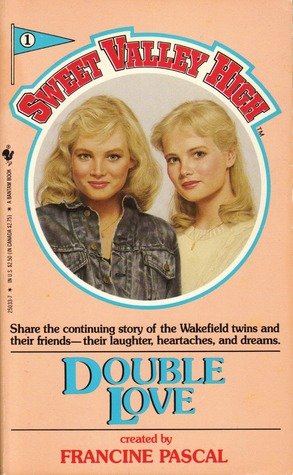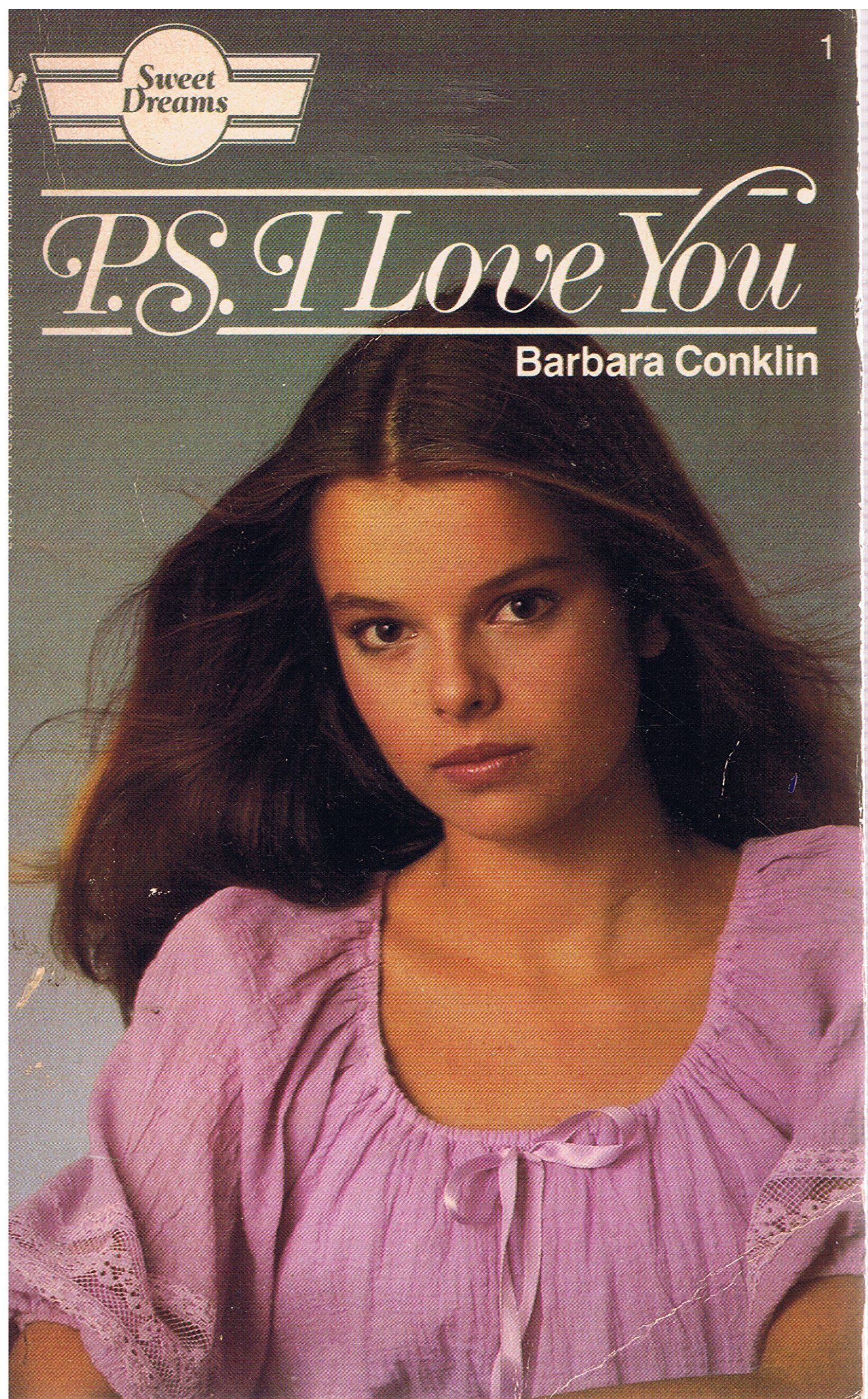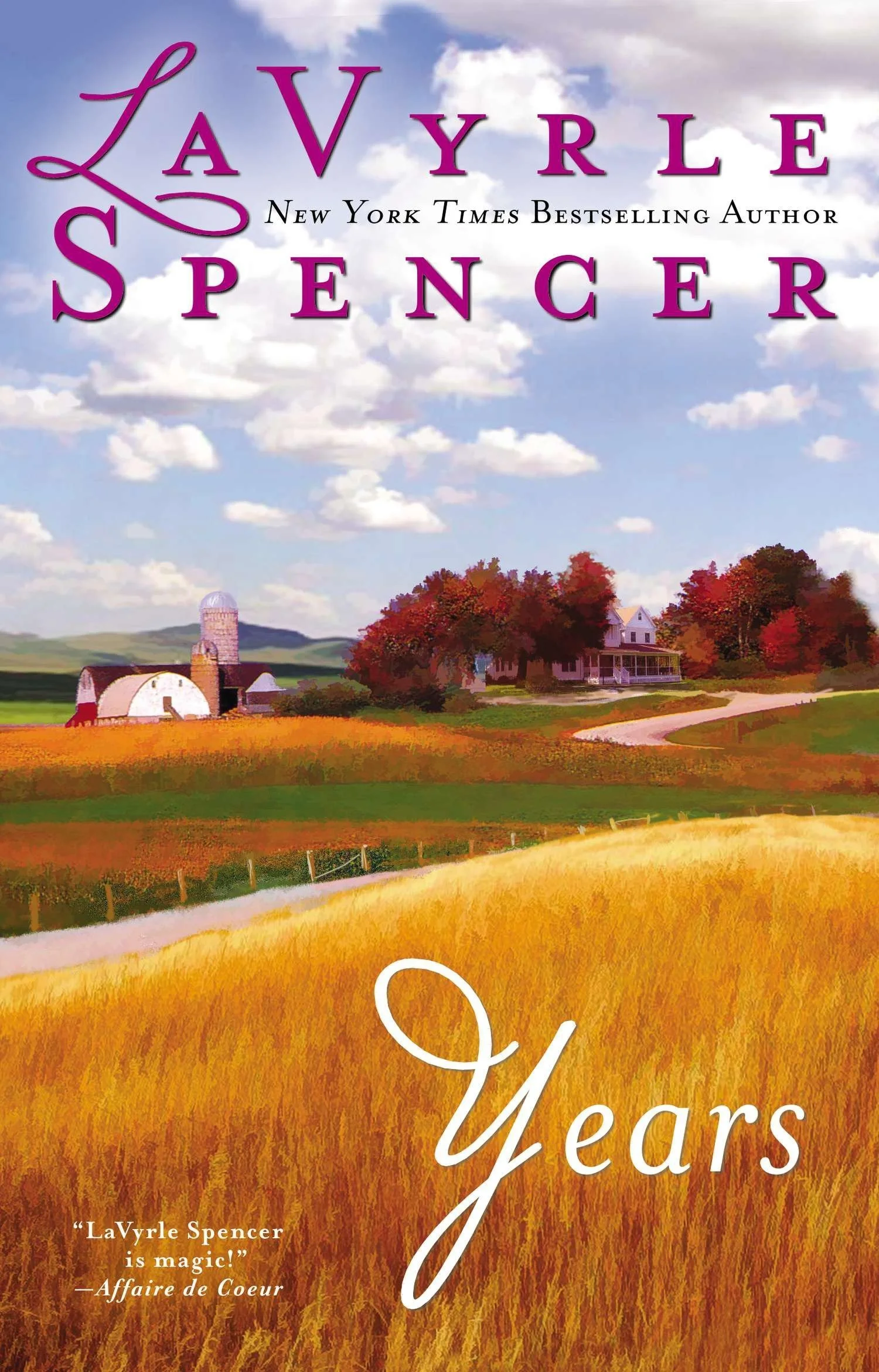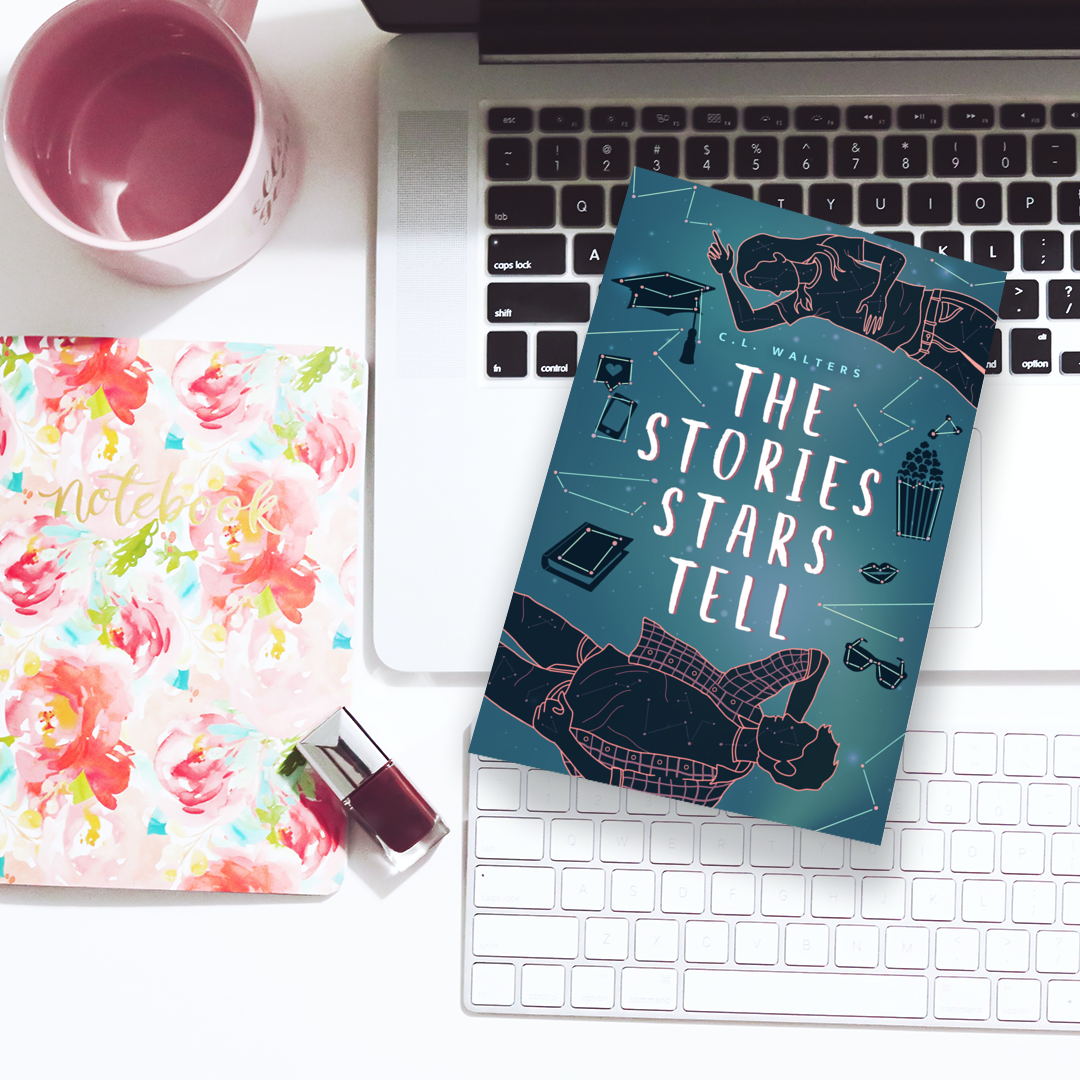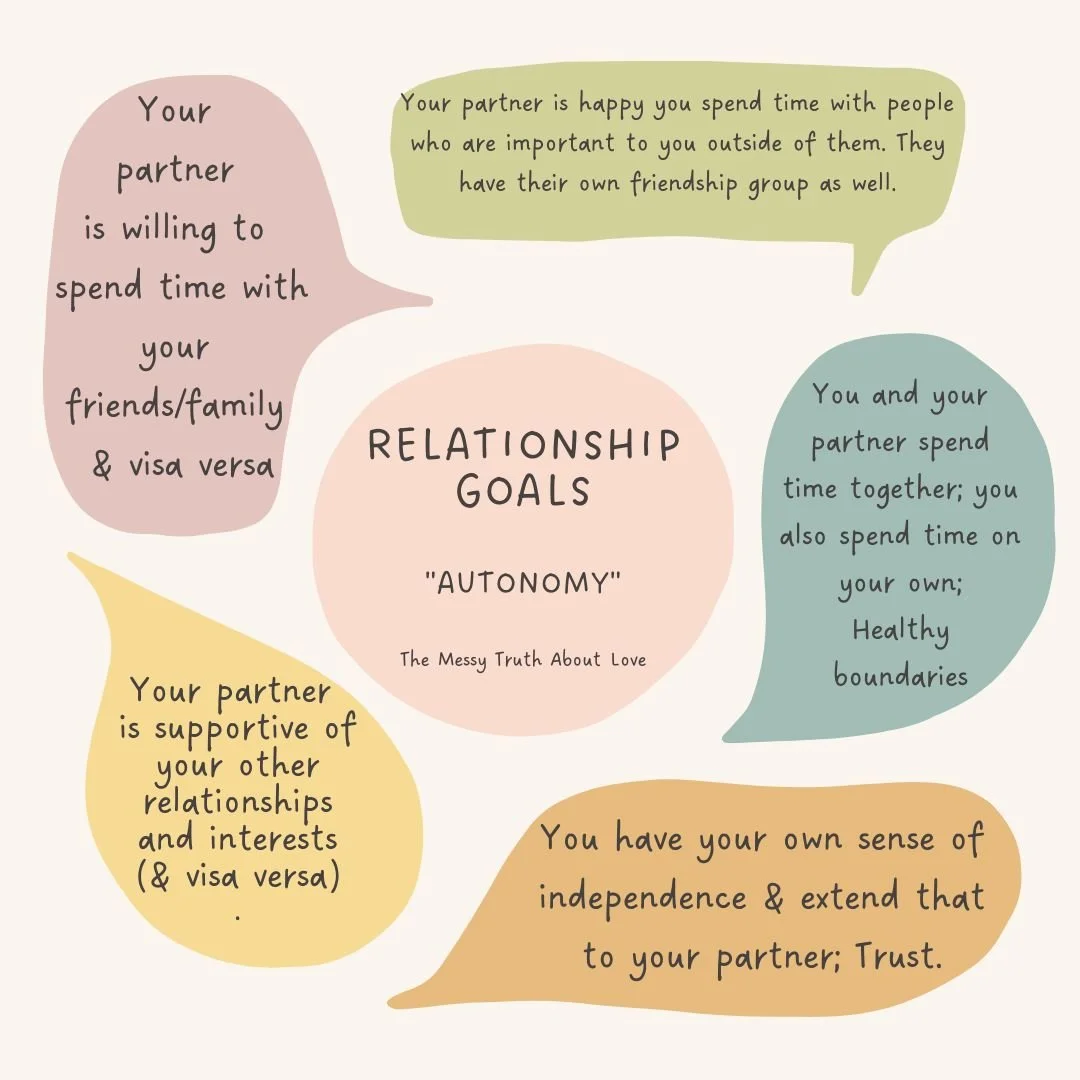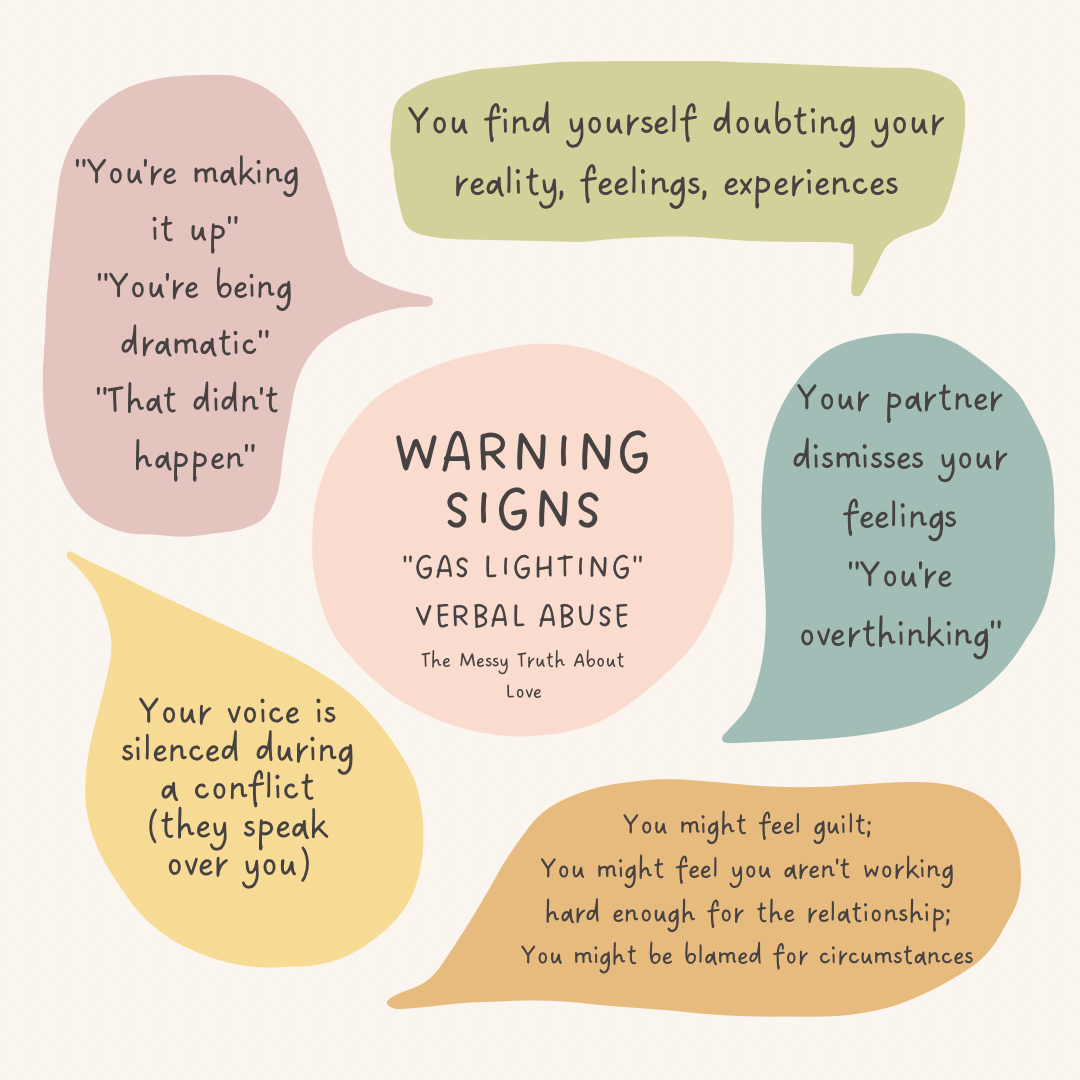When I was 18 (this was in the early 1990’s), I was a small town girl living in a very conservative community where God, Family, and Country were the trifecta of life. Everyone had guns and used them for hunting season. It was commonplace to get married young—barely out of high school—to your high school sweetheart. All those beliefs perpetuated year after year. I say this to give you a frame of reference about my perspective at 18. I wanted to go to college, but I was the first one in my family to think about it. We didn’t have a lot of money or know-how about how to get there, but I did think: maybe there’s something else.
One thing I loved: reading.
We had one bookstore and a library. That’s where you could find me if I could find my way to either place.
As an adolescent, my favorite reads were romances. I started with the Sunfire Romances (long live the love triangle) and moved on to Sweet Valley High and Sweet Dreams books (oh the drama), and eventually I found my way to the adult romances reading Lavyrle Spencer and Judith McNaught (so that’s how sex works). I suspect that these readings shaped my belief system about my identity as it related to “romance” and relationships, though to be fair, I had an excellent model of a respectful relationship between my parents.
Like any adolescent, I was ready to test the waters of relationships, and that’s where things got skewed. My fundamentalist, church background—reinforced by my parents—insisted that I shouldn’t date until I was sixteen. When I did venture into the dating arena, I was given a “purity ring” to reinforce chastity (no sex until there was a “ring on it”, peeps) which also loaded on a heap of guilt when it came to experimentation. Finally, I had this “romanticized” version of what it meant to be in a relationship, and no clarity on what an unhealthy one looked like.
Fast forward to 2022.
I didn’t marry my high school sweetheart. I moved away from that small town. I did get to college by the skin of my teeth and graduated. I did marry my college sweetheart and have been a mother to two amazing kids. I got my masters, have worked with teens, and I still read.
Last year, I read the tiktok, booktok sensation Ugly Love by Colleen Hoover. It’s an entertaining book, and while I’m about to be critical of it; please know that this commentary isn’t a knock on the author or her ability to write a catchy book that draws a reader in. This is not that kind of criticism.
When I finished and set Ugly Love down, I walked away from it with my stomach in knots. At first I couldn’t figure out why. It’s about a young woman in her early twenties who’s starting over in a new place. She’s just gotten a job as a nurse and moves in with her brother as a stop-gap until she can find her own place. Living across the hall is her brother’s best friend. There’s a lot of sexual chemistry between them, and so they both consent to a relationship with “no strings.” Except, like most “sex-only” relationships, feelings happen. What ensues is a story highlighting an often unhealthy and manipulative relationship rooted in emotional bankruptcy and trauma. Like any romance read, it ends with the “happily-ever-after” but after reflecting on what had bothered me about it, I realized I had read a glorified version of “If I stick around, I can fix him”, and I felt so sad for 18-year-old me. Why? That girl would have taken the message to heart. I wouldn’t have been able to separate the “romanticized” ideals with reality, even knowing it was fiction.
Which then made me wonder: how many young women 18+ are reading books like Ugly Love (and believe me when I say there’s a lot of stories like this perpetuating a kind of “I can fix him” message) and taking to heart that message? Being set up to accept abusive behavior in a partner because it’s important to be “committed” or if she just “works harder”, then everything will turn out okay.
When I wrote The Stories Stars Tell, there was catharsis for me—the girl steeped in purity culture—to let go of those unhealthy messages about personal empowerment. I didn’t start the story knowing that was where it ended up. I didn’t start The Messy Truth About Love thinking that I would look at that unhealthy packaging of a relationship as “normal” and deconstruct it by reinforcing a healthy relationship. But that’s where it went.
And so that’s what I hope readers are able to take away from The Messy Truth About Love. Sometimes we don’t know we're in an unhealthy situation until we’re able to step out of it and look back as we walk away. And maybe, just maybe, The Messy Truth About Love will be the story someone needs to see their own situation or prevent one. I can hope.


